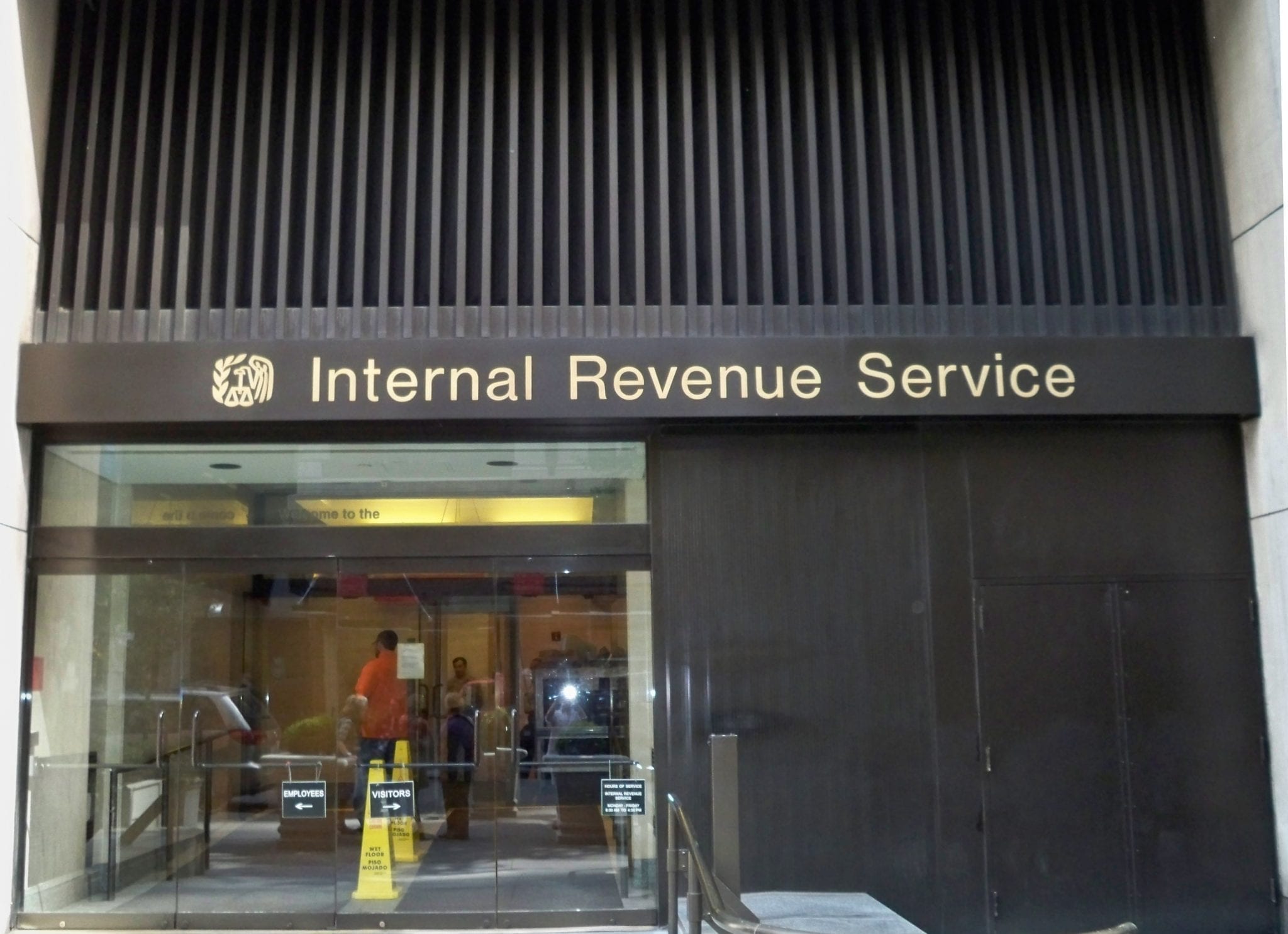Consumers would have to read through their prepaid stimulus debit card’s entire card-holder agreement to find the forfeiture.
Americans who have received prepaid debit cards to access federal coronavirus relief funds may have to forfeit their right to a jury trial to withdraw money.
Forbes.com recently reported that analyses of cardholder agreements has shown that many prepaid stimulus cards have user-unfriendly terms. Metabank and Money Network Financial required many consumers to waive their right to a jury trial as a condition of using their stimulus money. Instead of taking legal complaints to court, consumers will have to head to corporation-controlled arbitration tables.
Furthermore, Forbes notes that Metabank and Money Network Financial may have sold recipients’ personal information to third parties and service providers.
These problems, says Forbes, are indicative of the stimulus program’s broader shortcomings. While many Americans received their stimulus funds as a direct deposit, others had to wait for paper checks to come in the mail.
And, beginning several weeks ago, the Internal Revenue Service began using prepaid debit cards as a way to rapidly send funds to people who did not have their bank account on file with the agency.

However, the debit card initiative has been fraught with problems. Forbes notes that many Americans purportedly thew out their stimulus cards, due to their nondescript packaging and plain profile. Other people who did receive and unpackage their cards found their names printed incorrectly.
But as Forbes and the Daily Kos report, consumer woes go beyond the IRS’s logistical struggles. Metabank and Money Network Financial both force stimulus recipients to agree to arbitration clauses as a condition of using their prepaid cards.
“This is virtually universal for prepaid debit cards, but unusual for something authorized by the U.S. government as a payment, especially when only a fraction of recipients got the EIP cards as opposed to paper checks,” says The American Prospect.
Paul Bland, writing for the Daily Kos, concurred, saying it is strange for the government to enable banks’ arbitration clauses when the IRS is trying to rapidly disburse funds.
“For the government to say you only get this money if you give up the right to trial by jury, it’s really unusual,” Bland said.
Arbitration clauses essentially prevent signatories from taking regular legal action against a contract-holder—and the system is notoriously unfair to consumers, who lose their right to sue or participate in class actions.
Arbitrators tend also to “favor” companies like “Money Network over the consumers.” Sometimes arbitrators charge high fees, which may be pulled from a small claim award.
“Companies insert arbitration clauses because they work, protecting them from liability and incentivizing them to steal with impunity,” said David Dayen of the Prospect, adding that arbitration makes it easier for corporations to cover up wrongdoing. “If Treasury or its private bank contractor Money Network breaks the law, operates illegally, or overcharges people, it’s much less likely the public will ever learn about it.”
A group of Democratic senators also pointed out that, alongside forcing consumers into arbitration agreements, Metabank and Money Network’s card-holder agreements are ambiguous as to what the companies can do with user data. For instance, Section 8 of the card-holder agreement states that Metabank and Money Network “may disclose information to third parties about your Card account or the transactions you make” to an assortment of different parties, including “affiliates [and] service providers.”
The senators—including Sens. Mark Warner (D-VA), Maggie Hassan (D-NH), Sherrod Brown (D-OH), and Jack Reed (D-RI)—asked the Department of Treasury to reconsider what it allows its private-party card services to do.
“This ambiguous language raises serious questions about whether Money Financial Network is permitted to sell personal information of individuals who activated stimulus payment debit cards,” the senators wrote in a letter.
The Daily Kos notes that it is possible to opt out of the arbitration clause by providing certain information to Money Network or Metabank, but that opt-out requests must be mailed within 60 days of receiving a stimulus card.\
Sources
CARES Act Stimulus Debit Cards Force Americans To Sacrifice Constitutional Rights For Cash
Trump & Mnuchin Sent Out Stimulus Prepaid Cards with Forced Arbitration Clause
Unsanitized: Stimulus Debit Cards Come With a Forced Arbitration Clause


Join the conversation!